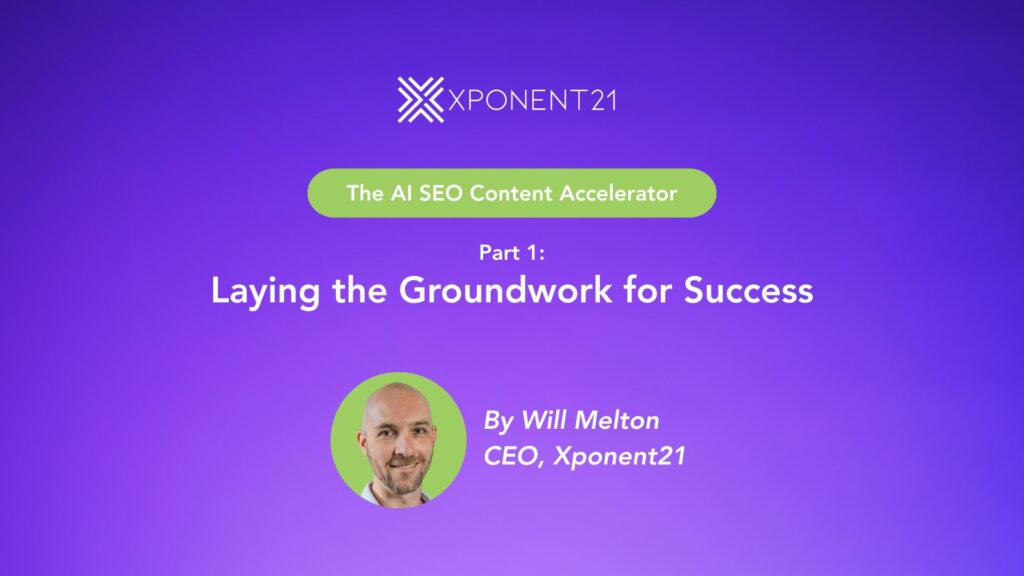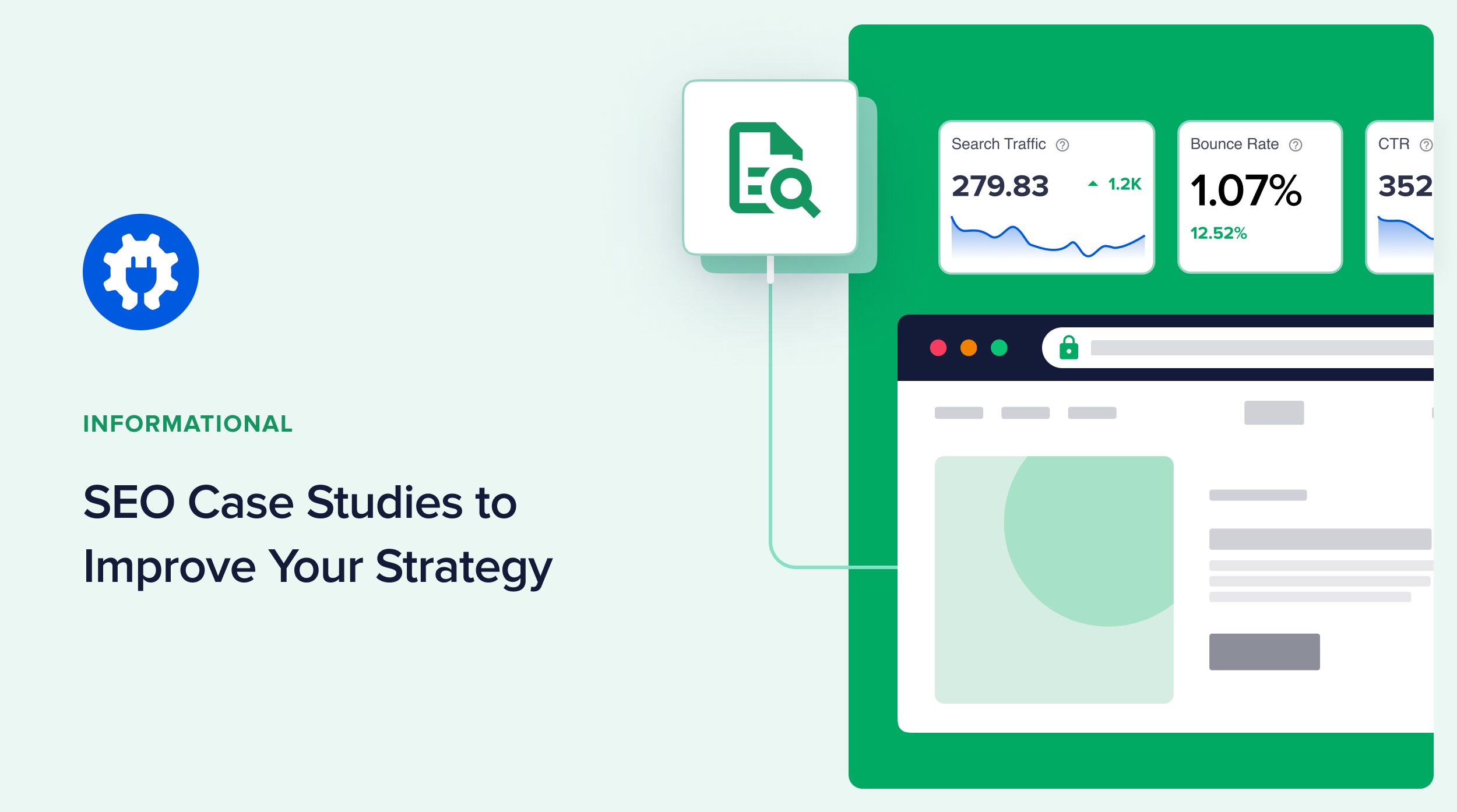Several case studies demonstrate how integrating AI with SEO strategies can significantly drive business growth by enhancing content creation, keyword targeting, testing, and automation.
Key examples include:
-
MedPark Hospital (Thailand): By tailoring multilingual content and using SEO best practices like hreflang tags, MedPark tripled its keyword rankings in Thailand and gained over 206,000 keywords ranking in the U.S., generating over a quarter million organic visits in a month.
-
Transit Mobile App: Leveraged programmatic SEO powered by automation to expand from under 300 pages to 10,000+ pages, targeting specific regional transportation queries. This led to a 1,134% year-over-year traffic growth.
-
Flight Centre (Australia): Used AI-driven SEO testing tools (SearchPilot) to run structured A/B tests on meta titles and calls to action, resulting in a 26% increase in organic traffic by optimizing high-value landing pages.
-
Keegan’s Blog (Fintech startup): Implemented AI content generation to increase Google-indexed pages by over 300%, boosting monthly clicks to 1,500 and impressions to 2,300, showing AI’s ability to scale content production effectively.
-
The Search Initiative Agency: Built an AI SEO system combining Google Sheets, ChatGPT, and automation tools to generate content and metadata at scale, increasing monthly organic traffic by 255% and revenue from $166K to $491K.
-
Xponent21: Achieved a 4,162% traffic growth in under a year by optimizing for AI-driven search engines like Perplexity and Google AI Mode, becoming a top-ranked source for AI SEO queries.
-
Rocky Brand (Footwear Retail): Used AI-powered keyword research and content optimization tools (BrightEdge) to increase organic search revenue by 30% and achieve 74% year-over-year revenue growth.
Common AI-SEO integration strategies across these cases:
-
Automated content generation and scaling: AI tools create large volumes of SEO-optimized pages quickly, expanding keyword coverage.
-
Programmatic SEO: Automating page creation to target long-tail and regional keywords.
-
AI-driven testing and optimization: Running A/B tests on SEO elements like meta titles and descriptions to refine content performance.
-
Data-driven keyword research: Using AI to identify high-value keywords and content gaps.
-
Personalization and localization: Tailoring content to specific audiences and languages with AI assistance.
-
Automation of metadata and link-building: Generating SEO-friendly metadata and acquiring backlinks efficiently.
These case studies illustrate that combining AI capabilities with traditional SEO tactics enables businesses to scale content production, improve search rankings, and increase organic traffic and revenue effectively.




